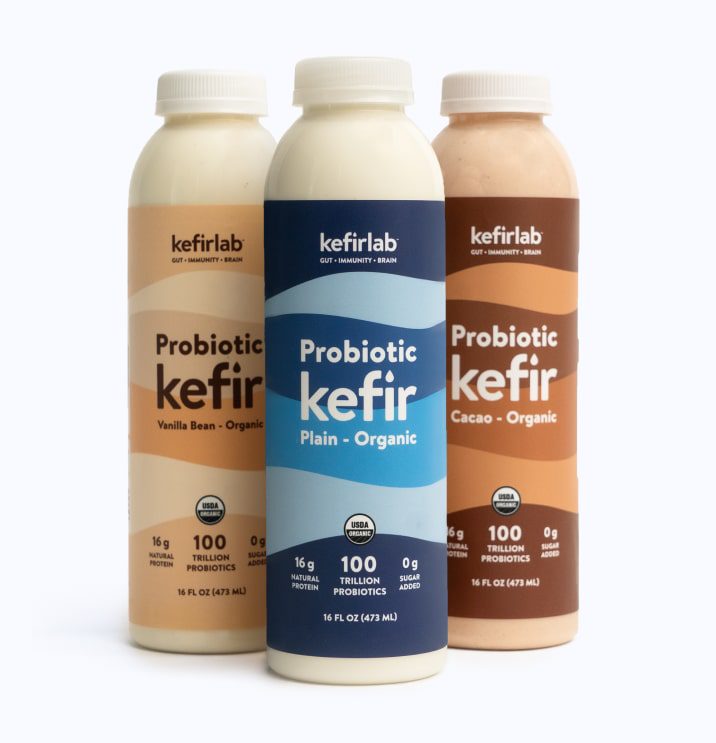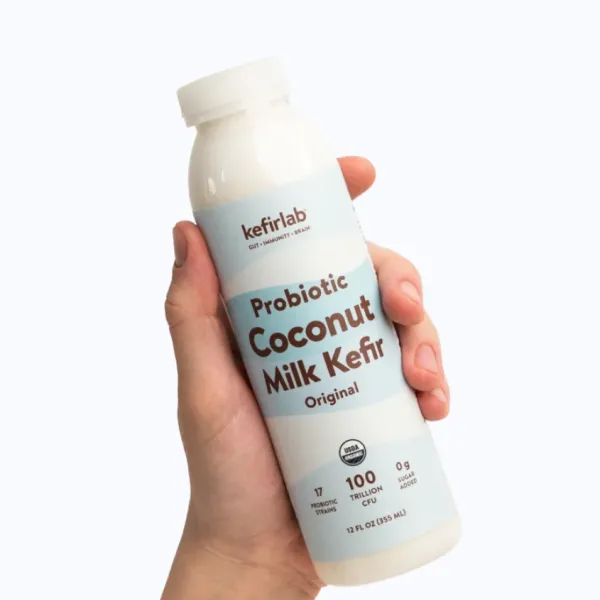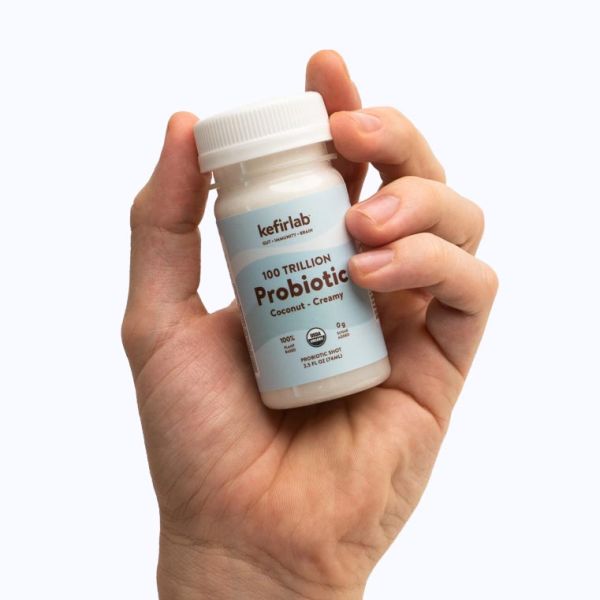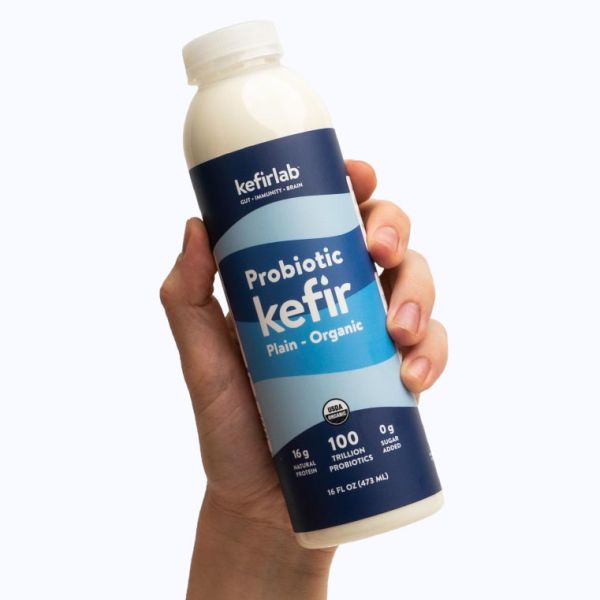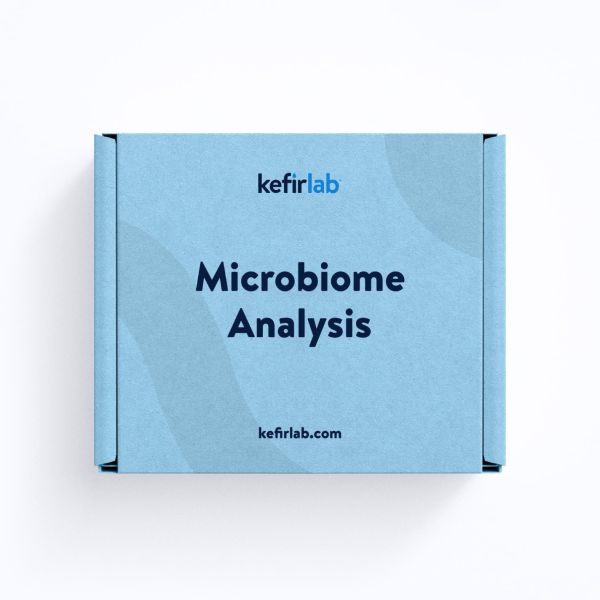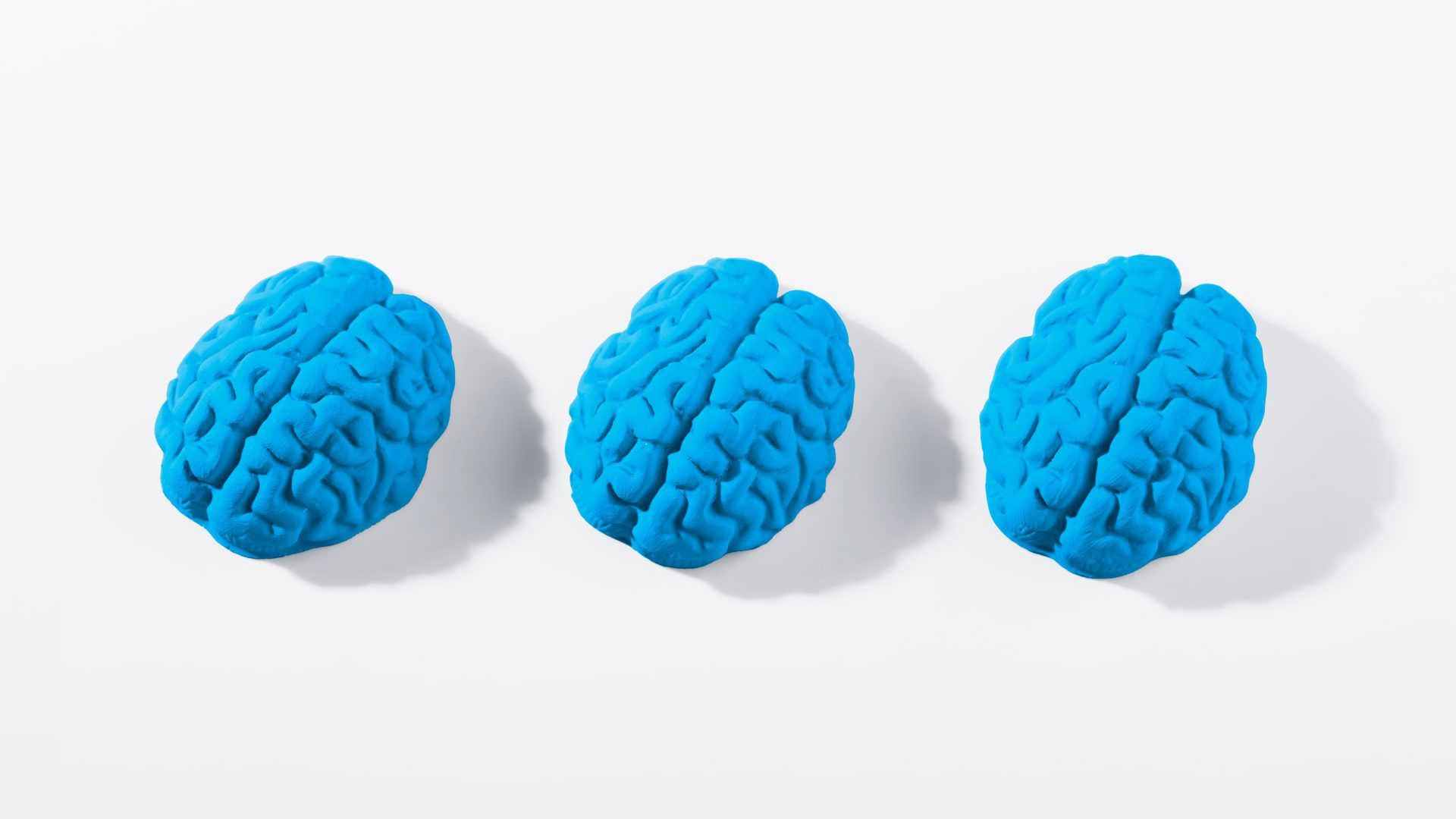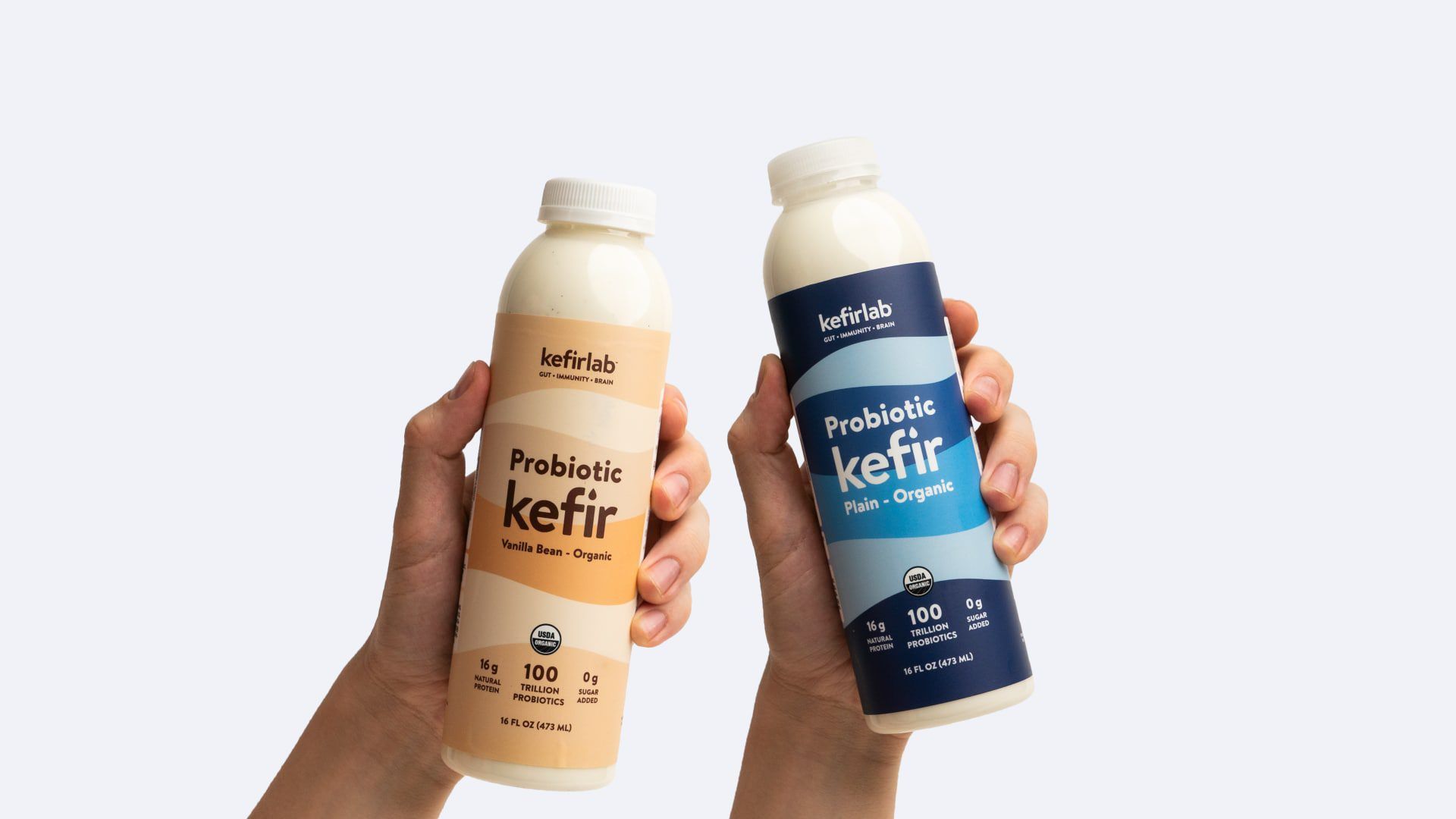How Gut Health Influences Bone and Teeth Health: A Comprehensive Guide
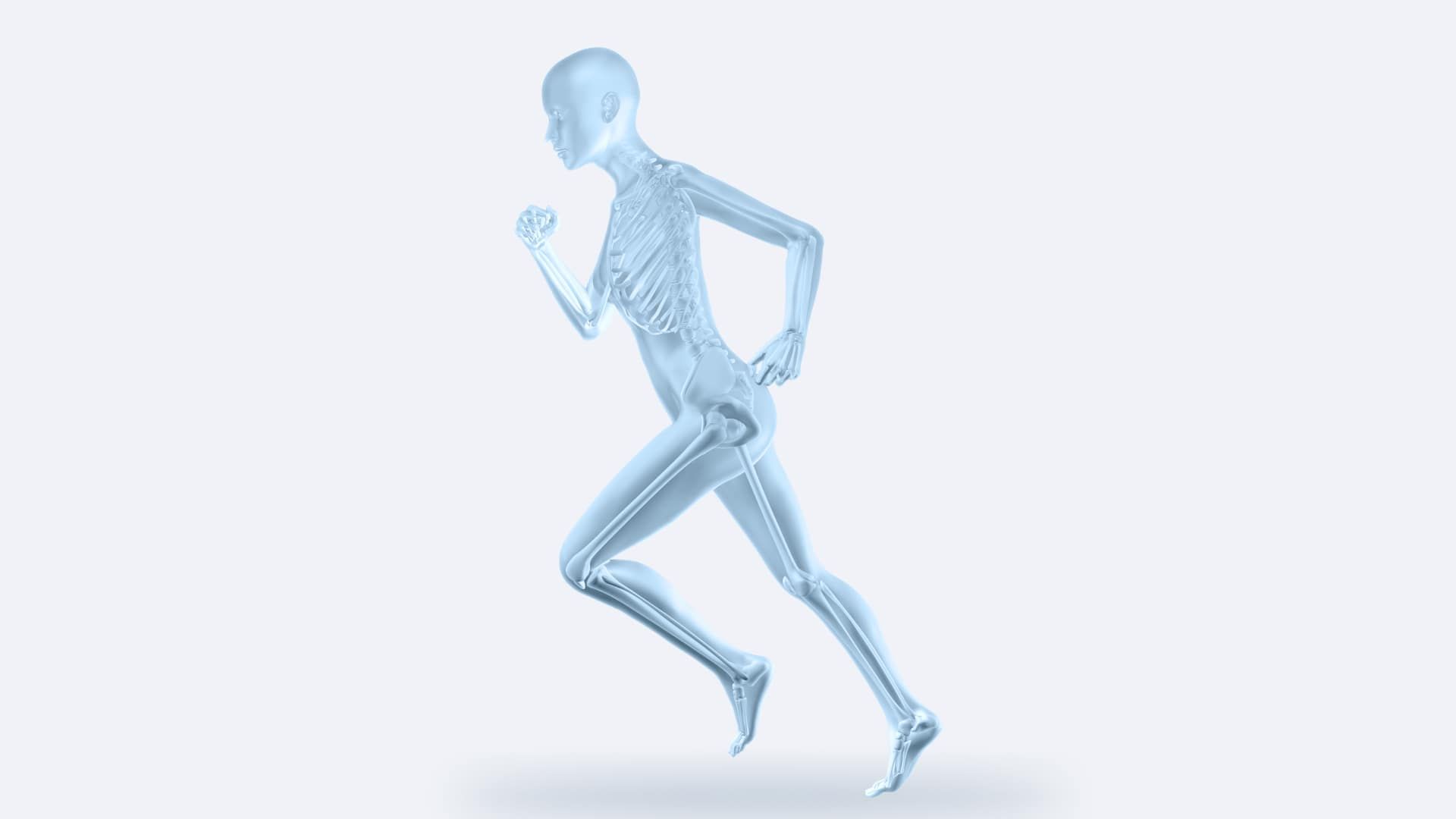
In This Article you will learn…
Gut health is increasingly recognized as a cornerstone of overall well-being. It affects various aspects of health, including the strength and vitality of our bones and teeth.
This article delves into how a balanced gut microbiome contributes to maintaining healthy bones and teeth, supported by scientific research and expert advice.
By the end, you’ll understand the critical role of gut health in bone density and dental health, and how you can optimize your diet and lifestyle to support these vital structures.
The Gut-Bone and Teeth Connection
The gut-bone and teeth connection revolves around efficiently absorbing and utilizing nutrients essential for bone and teeth health.
A healthy gut microbiome facilitates this process, while an imbalanced microbiome can lead to deficiencies and health issues.
- Nutrient Absorption: The gut absorbs crucial nutrients like calcium, vitamin D, magnesium, and phosphorus, which are essential for bone density and tooth strength. A healthy gut ensures the body effectively absorbs and utilizes these nutrients.
- Inflammation Control: Chronic inflammation can negatively impact bone density and dental health. A balanced gut microbiome helps reduce systemic inflammation, supporting overall bone and teeth health.
Understanding these mechanisms highlights the importance of maintaining gut health for solid bones and teeth, setting the stage for exploring the role of probiotics in this process.
Role of Probiotics in Bone and Teeth Health
Probiotics play a significant role in maintaining and enhancing the health of bones and teeth by improving gut health. Here’s how these beneficial bacteria can specifically help:
- Enhancing Calcium Absorption: Certain probiotic strains improve the bioavailability and absorption of calcium, which is crucial for maintaining bone density and strength.
- Vitamin D Synthesis: Probiotics can aid in synthesizing and regulating vitamin D, another essential nutrient for bone health that also plays a role in maintaining healthy teeth.
- Reducing Bone Loss: Some studies suggest that probiotics can help reduce bone loss by modulating gut microbiota and decreasing inflammation that may lead to bone degradation.
Study Insight: Research has shown that probiotics like Lactobacillus reuteri can positively impact bone density in postmenopausal women at high risk for osteoporosis.
Nutritional Strategies for Optimal Bone and Teeth Health
A balanced diet is crucial for supporting gut health and strengthening your bones and teeth.
Here are some vital dietary strategies:
- Calcium-Rich Foods: Include plenty of calcium-rich foods such as dairy products, leafy greens, and fortified plant milks to ensure your bones and teeth receive the calcium they need.
- Vitamin D Sources: Fatty fish, fortified foods, and exposure to sunlight help maintain adequate vitamin D levels, which is essential for calcium absorption and bone health.
- Magnesium and Phosphorus: These minerals are crucial for bone structure and can be found in nuts, seeds, whole grains, and legumes.
Practical Tip: Incorporating KefirLab’s Coconut Kefir into your diet can provide probiotics that support gut health, thereby enhancing the absorption of crucial nutrients for bone and teeth health.
Practical Tips for Enhancing Bone and Teeth Health Through Gut Health
Adopting a gut-friendly lifestyle can significantly improve the health of your bones and teeth.
Here are some practical tips to integrate into your daily routine:
- Regular Probiotic Intake: Include probiotic-rich foods like yogurt, kefir, and sauerkraut into your diet regularly to boost the levels of beneficial gut bacteria.
- Balanced Diet: Ensure your diet includes a variety of nutrient-rich foods that support bone and teeth health, such as calcium-rich dairy or plant-based alternatives and vitamin D-rich foods like fatty fish and fortified cereals.
- Hydration: Drinking plenty of water supports the gut’s ability to absorb nutrients effectively, promoting overall health, including bones and teeth.
- Limit Processed Foods: Reduce your intake of processed foods high in sugar and unhealthy fats. These disrupt the gut microbiome and negatively affect nutrient absorption.
Example Routine:
- Morning: Start the day with a probiotic smoothie using KefirLab’s Coconut Kefir.
- Meals: Include a balanced meal with a good mix of proteins, leafy greens, and whole grains.
- Evening: Ensure adequate hydration and consider a calcium and vitamin D supplement if recommended by a healthcare provider.
Conclusion and Summary
Understanding the profound impact of gut health on the health of your bones and teeth opens new avenues for enhancing your overall well-being. Here are the essential takeaways from our discussion:
- Key Connection: A healthy gut promotes better absorption of nutrients necessary for strong and healthy bones and teeth.
- Probiotics’ Role: Regular intake of probiotics can enhance nutrient absorption, reduce inflammation, and support the synthesis of essential vitamins and minerals.
- Dietary Impact: Consuming a balanced, nutrient-rich diet supports gut health and affects the vitality of bones and teeth.
Embrace these practices to boost the health of your bones and teeth and enhance your overall health.
For more detailed guidance and to explore high-quality probiotic products, visit the HealthLab Blog and check out KefirLab’s Probiotic Store.
Frequently Asked Questions (FAQs)
What is the connection between gut health and bone and teeth health?
The gut microbiome absorbs nutrients essential for bone and teeth health, such as calcium, vitamin D, magnesium, and phosphorus.
A healthy gut ensures these nutrients are effectively absorbed and utilized, supporting strong bones and healthy teeth.
How do probiotics improve bone and teeth health?
Probiotics improve bones and teeth by enhancing gut health and optimizing nutrient absorption. They help increase the bioavailability of calcium and support the synthesis and regulation of vitamin D. Probiotics also reduce systemic inflammation, which can negatively impact bone density and dental health.
Can improving gut health prevent bone diseases like osteoporosis?
Yes, improving gut health can help prevent bone diseases like osteoporosis.
A healthy gut microbiome ensures optimal absorption of essential nutrients such as calcium and vitamin D and reduces inflammation.
This supports stronger bones and can help mitigate the risk of osteoporosis.
What nutrients are important for healthy bones and teeth?
Essential nutrients for bone and teeth health include:
- Calcium: Essential for bone density and tooth enamel.
- Vitamin D: Crucial for calcium absorption and bone health.
- Magnesium: Supports bone structure and strength.
- Phosphorus: Works with calcium to build strong bones and teeth.
What are the best foods to eat for healthy bones and teeth?
Foods that are particularly beneficial for bone and teeth health include:
- Dairy products: Such as milk, cheese, and yogurt, which are rich in calcium.
- Leafy greens: Like spinach and kale, which provide calcium and magnesium.
- Fatty fish: Salmon and mackerel are rich in vitamin D.
- Nuts and seeds: Almonds and chia seeds provide magnesium and phosphorus.
How often should I consume probiotics to benefit my bones and teeth?
Incorporating probiotics into your daily diet can help maintain a healthy gut, which benefits bone and teeth health.
Consistent daily intake of probiotic-rich foods or supplements is recommended for best results.
Are there any side effects of using probiotics for bone and teeth health?
Probiotics are generally safe for most people and are a natural approach to improving health.
However, some people may experience mild digestive issues such as gas or bloating when they first start probiotics.
These symptoms typically subside as the body adjusts.
Can improving gut health reverse damage to bones and teeth?
While improving gut health can’t reverse structural damage to bones and teeth, it can improve their strength and health in the future.
A healthier gut can better support the nutritional needs of bones and teeth, enhancing their resilience and overall health.
How does inflammation affect bone and teeth health?
Chronic inflammation can negatively impact bone density and dental health by interfering with nutrient absorption and increasing bone resorption. A healthy gut microbiome helps reduce systemic inflammation, supporting better bone and teeth health.
What lifestyle changes can enhance the benefits of a healthy gut for bone and teeth health?
Lifestyle changes that can enhance the benefits of a healthy gut for bone and teeth health include:
- Regular Physical Activity: Exercise supports bone strength and overall health.
- Adequate Sleep: Ensuring enough sleep supports the body’s natural repair processes, including those involving bones and teeth.
- Stress Management: Reducing stress through meditation or yoga can positively affect both gut and bone/teeth health.
Works Cited and Relevant Studies
- Ohlsson, C., Engdahl, C., Fak, F., Andersson, A., Windahl, S. H., Norgaard, K., … & Islander, U. (2014). Probiotics protect mice from ovariectomy-induced cortical bone loss. PLoS ONE, 9(3), e92368.
- Heaney, R. P. (2001). Factors influencing the measurement of bioavailability, taking calcium as a model. Journal of Nutrition, 131(4), 1344S-1348S.
- Jones, M. L., Martoni, C. J., Parent, M., & Prakash, S. (2012). Cholesterol-lowering efficacy of a microencapsulated bile salt hydrolase-active Lactobacillus reuteri NCIMB 30242 yoghurt formulation in hypercholesterolaemic adults. British Journal of Nutrition, 107(10), 1505-1513.
Join Kefir Club
Like our probiotics, our emails are clean and good for you. Spam Free. Unsubscribe anytime.
